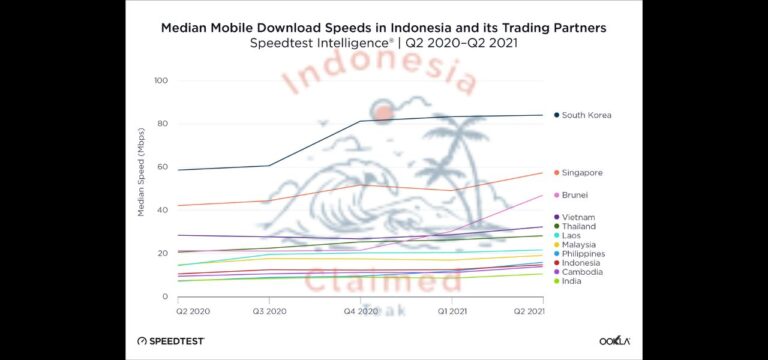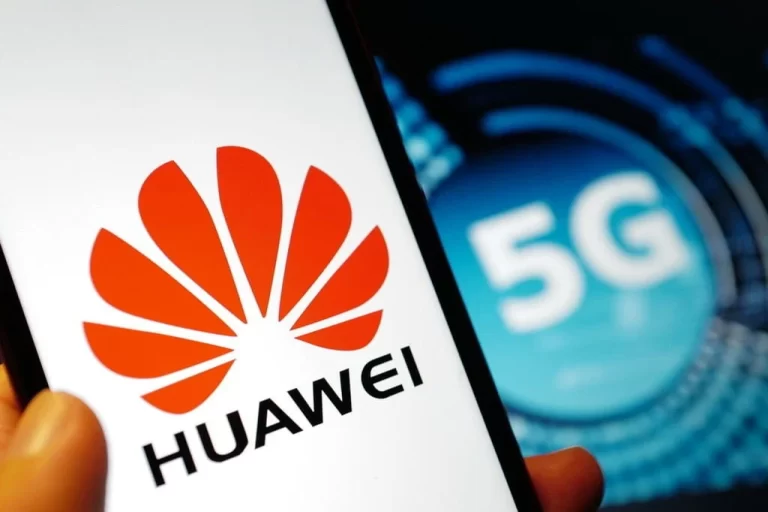Google has introduced what it calls the Machine Web, an evolution of its AI-powered search that could mark the end of the internet era as we know it. This new system represents a shift from traditional keyword-based results to intelligent, conversational, and context-aware answers. For users, this means that Google’s AI search won’t just find information — it will interpret, summarize, and generate responses in ways we’ve never experienced before.
From Links to Answers
In the early days of the web, search engines like Google were essentially directories, ranking websites and linking users to external pages. With the Machine Web, Google is moving away from this model. Instead of presenting a list of blue links, the AI will generate rich, detailed answers on the spot. This not only makes search more efficient but also signals a fundamental change in how knowledge is accessed online.
Why Google Built the Machine Web
The rise of generative AI, particularly models like ChatGPT, has challenged Google’s dominance in the search space. People are no longer satisfied with sifting through websites when they can get instant, conversational answers. By developing its own AI search system, Google is responding to these shifts in user behavior and setting the stage for the future of information retrieval.
What Makes the Machine Web Different
Unlike traditional search algorithms that rely heavily on backlinks and keywords, the Machine Web prioritizes semantic understanding. It analyzes queries for meaning rather than just keywords, delivering contextually relevant responses. Moreover, it can create personalized results, adapting answers based on past interactions, location, and preferences. This kind of adaptive AI search could redefine the relationship between humans and digital information.
Opportunities and Challenges Google AI search
The Machine Web could make research faster, reduce misinformation, and help users navigate complex topics more easily. However, it also raises significant concerns. If Google becomes both the search engine and the answer generator, what happens to publishers, websites, and independent creators who rely on traffic? Many experts fear this could centralize the internet even further, concentrating power in Google’s hands.
You may like this : Tech, Talent, and Trump: Key Risks to Vietnam’s Economic Strategy
A Turning Point in Internet History
The launch of the Machine Web represents more than just a product update — it may be remembered as the end of the link-driven internet era. Just as Google’s PageRank system once reshaped how we browsed the web, its new AI-first approach could transform the very structure of online knowledge.
Conclusion Google AI search
Google’s Machine Web isn’t just a search tool — it’s the foundation of a new AI-powered internet. While users may benefit from faster, smarter results, the shift raises questions about the future of online ecosystems. As this technology evolves, the balance between convenience, transparency, and fairness will shape the next chapter of the digital age.
You may like this : Yepoda Brings K-Beauty Innovation to Europe from Germany













